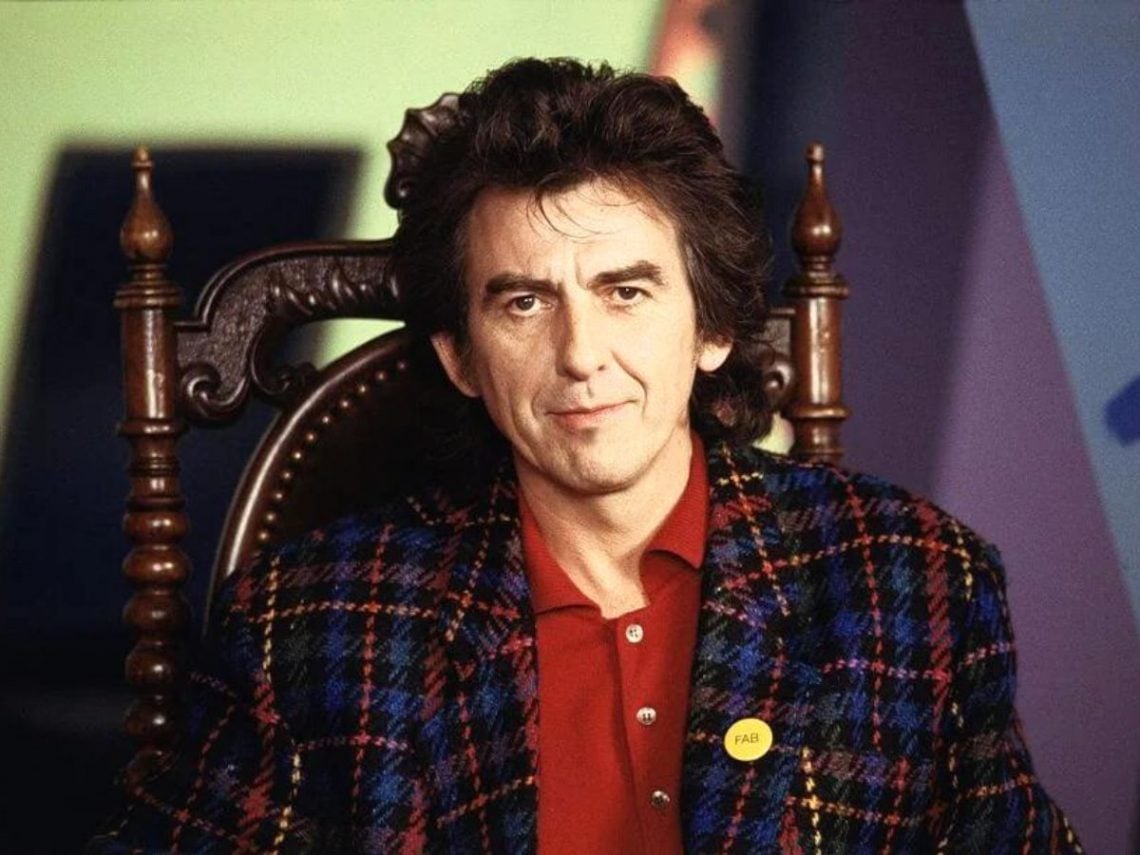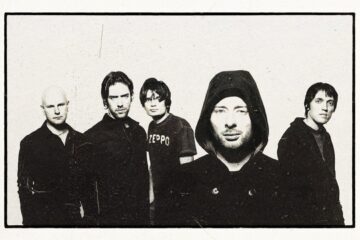After the breakup of The Beatles, George Harrison wasn’t looking to live off his riches for the rest of his life. Having played second fiddle to the John Lennon and Paul McCartney songwriting machine, Harrison’s first stabs into his solo career on albums like All Things Must Pass made him the most successful ex-Beatle off the strength of singles like ‘My Sweet Lord’. While it took his bandmates a little while to catch up, Harrison was lost in the woods once he reached the 1980s.
After bypassing the punk movement entirely in favour of mellower music on albums like George Harrison and 33 ⅓, the ‘Quiet Beatle’ was looking to expand on his songs of consciousness on Somewhere In England. Although there had been some great results from Harrison’s spiritual side in the past, his label was ice cold when he brought the finished product in for the first time.
During the meeting, Harrison said that his new album didn’t have a chance against what was happening in the mainstream market. He told Creem: “People were saying, ‘Now, look, radio stations are having all these polls done in the street to find out what constitutes a hit single, and they’ve decided a hit single is a song of love gained or lost directed at 14-to-20-year-olds.’ And I said, ‘Shit, what chance does that give me?’”
Having spent ages trying to assemble a decent album, Harrison was sent back to the drawing board and commissioned to deliver songs with a bit more single material. Although Harrison may have had some revisions, one particular hit came to him for all the wrong reasons.
In between working on the album, John Lennon was murdered in New York City in 1980, which shook every one of the remaining Fab Four to their core. As Harrison worked his way through his grief, he wrote a song in tribute to his former bandmate called ‘All Those Years Ago’, showing the earnest version of Harrison, who had nothing but respect for his older mate.
Although Harrison’s soft tribute garnered him another hit, the rest of the revisions weren’t so lucky. On the new album opener ‘Unconsciousness Rules’, Harrison is far more cynical, tearing into the suits that wanted him to write mainstream songs in the first place. Coming up short of new material, Harrison even used cover songs to pad out the runtime, turning in two Hoagey Carmichael covers, which stand as some of the least essential pieces of his catalogue.
Harrison’s attempt to go pop didn’t work either, with ‘Fingerprints’ being one of the more questionable songs he would ever release. Harrison would later complain about the labels getting involved in his creativity like this. He told Good Morning America: “Nobody knows what people want, or some people think they know what the public wants. I think the most difficult thing is just to try and continue, and try to do what comes natural – and hope that somehow it still fits into the picture”.
Despite writing some of the best music of his career in the early ’70s, he was too shaken by Somewhere in England to continue for much longer, eventually taking a hiatus from music for five years after the album Gone Troppo. Harrison had started his career with a lot of promise, but hearing the revisions of this album is like listening to an artist lose their will to create.



